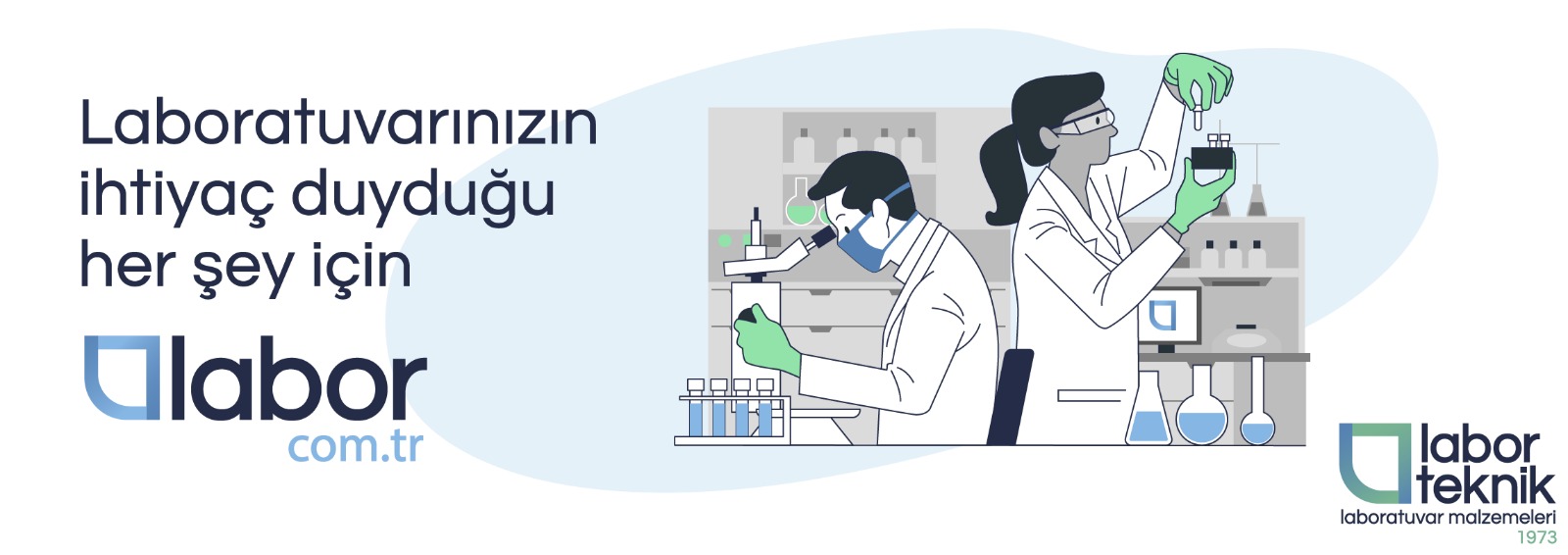Sigma-Aldrich C6885 Collagenase from Clostridium histolyticum suitable for release of physiologically active rat epididymal adipocytes, Type II, 0.5-5.0 FALGPA units/mg solid, ≥125 CDU/mg solid 100 mg
Marka
Stok Kodu
LB.SA.C6885-100MG
Kısa Bilgi
Synonym(s): Clostridiopeptidase A CAS Number: 9001-12-1 Enzyme Commission number: 3.4.24.3 (BRENDA, IUBMB) EC Number: 232-582-9 MDL number: MFCD00130830 NACRES: NA.54
|
Sigma-Aldrich C6885 Collagenase from Clostridium histolyticum |
|
Synonym(s): Clostridiopeptidase A
CAS Number: 9001-12-1
Enzyme Commission number: 3.4.24.3 (BRENDA, IUBMB)
EC Number: 232-582-9
MDL number: MFCD00130830
NACRES: NA.54 |

|
PROPERTIES
biological source Clostridium histolyticum
Quality Level 200
form powder
specific activity ≥125 CDU/mg solid, 0.5-5.0 FALGPA units/mg solid
suitability suitable for release of physiologically active rat epididymal adipocytes
application(s) diagnostic assay manufacturing
shipped in wet ice
storage temp. −20°C
DESCRIPTION
General description
Clostridium histolyticum is a pathogenic clostridium that produces collagenase. This is a mixture of enzymes containing collagenase, non-specific proteases and clostripain.[1]
Application
Collagenase may be used: [2][1]
- for the preparation of arterial tissue for the study of advanced glycosylation end products (AGE)
- for use along with other proteases for the disaggregation of human tumor, mouse kidney, human brain, lung epithelium and many other tissues.
- in liver and kidney perfusion studies, digestion of pancreas, and isolation of nonparenchymal hepatocytes
- for the preparation of viable hepatocytes from rat liver and for the isolation of fat cells from rat adipose tissue
Packaging
25, 100, 500 mg in poly bottle
1, 5 g
Biochem/physiol Actions
Collagenase is activated by four gram atom calcium, per mole enzyme. It is inhibited by ethylene glycol-bis(β-aminoethyl ether) - N, N, N′,N′-tetraacetic acid, β-mercaptoethanol, glutathione, thioglycolic acid and 8-hydroxyquinoline.Collagenase enzymes and neutral protease plays an important role in the effective release of cells from tissue.[3] Collagenase recognizes the sequence -R-Pro-8-X-Gly-Pro-R-, where X is most often a neutral amino acid.[4] Collagenase is activated by four gram atom calcium per mole enzyme. It is inhibited by ethylene glycol-bis(beta-aminoethyl ether) - N, N, N′,N′-tetraacetic acid, beta-mercaptoethanol, glutathione, thioglycolic acid and 8-hydroxyquinoline.
Caution
As supplied, this product is stable for one year at -20°C. There is no loss in FALGPA or protease activity in 30 days at 37°C, 50°C and -20°C. Solutions of crude collagenase are stable if frozen quickly in aliquots (at 10 mg/mL) and kept frozen at -20°C. Further freeze-thaw cycles will damage the solution. The product retains 100% activity over 7 hours when held on ice.
Unit Definition
One collagen digestion unit (CDU) liberates peptides from collagen from bovine achilles tendon equivalent in ninhydrin color to 1.0 μmole of leucine in 5 hours at pH 7.4 at 37 °C in the presence of calcium ions. One FALGPA hydrolysis unit hydrolyzes 1.0 μmole of furylacryloyl-Leu-Gly-Pro-Ala per min at 25°C. One Neutral Protease unit hydrolyzes casein to produce color equivalent to 1.0 μmole of tyrosine per 5 hr at pH 7.5 at 37°C. One Clostripain Unit hydrolyzes 1.0 μmole of BAEE per min at pH 7.6 at 25°C in the presence of DTT.
Preparation Note
Solutions are typically prepared at 1-2 mg/mL in TESCA buffer (containing 50 mM TES, 0.36 mM Calcium chloride, pH 7.4 at 37°C. This product also contains clostripain, nonspecific neutral protease, and tryptic activities. |
Tavsiye Ürünler









